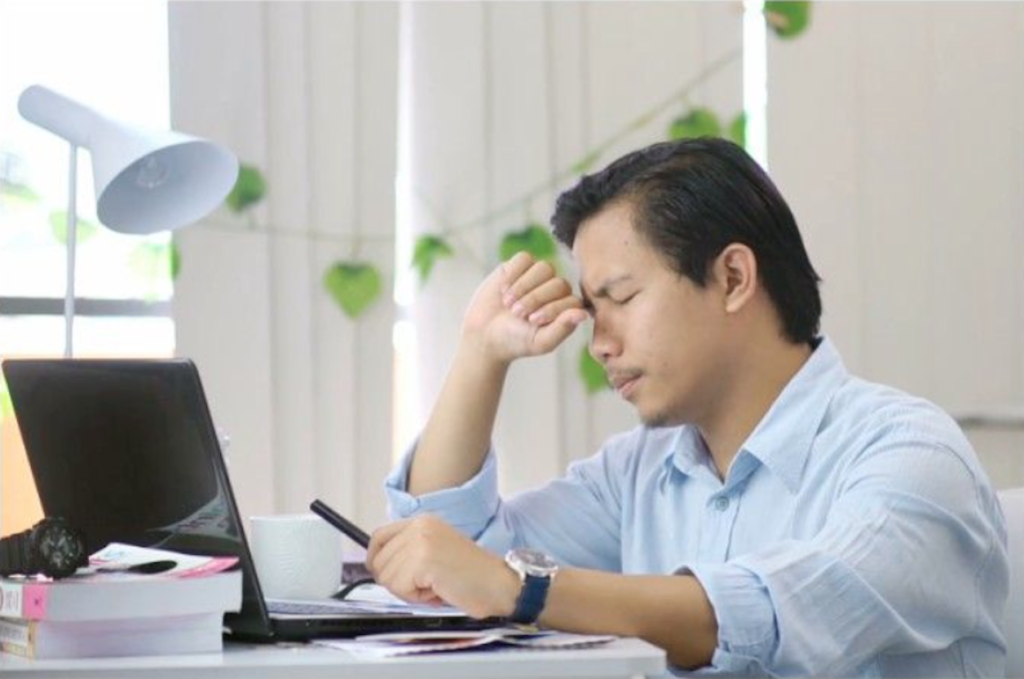Does male menopause exist? This is a question whose answer is not only important but vital in the life of a man. Menopause is commonly used to refer to the age when women’s levels of estrogen and progesterone reduce significantly. Men, however, do not experience an end to their reproductive ability. Millions of men don’t realize that testosterone levels decrease by 1% each year after 30 years of age, this can lead to the onset of symptoms that male menopause brings and should be a sign to get treated.
Beating male menopause
This condition is affecting several men mostly at 50 years, and above comes with its fair share of difficulties. Doctors and specialists, however, have a number of ways that aid in keeping someone in the right shape and ready in case male menopause comes knocking on their door. Among the most reliable methods to help one steer clear of male menopause include
- Ensure to exercise regularly
- Avoid getting sad and stressed
- Sleep more
- Eat a healthy balanced diet.
Manifestation
Male menopause can manifest itself through several signs. The most common include; fewer morning erections, low libido as well as experiencing erectile dysfunction. The symptoms, however, may be different for different people.
Causes of male menopause.
The drop in levels of testosterone are likely to happen to most men after their 30th year. Not all men experience this condition. Older men, as well as men with underlying medical conditions such as type 2 diabetes, high blood pressure heart problems. People who are obese too, are at the greatest risk of male menopause. The risk factors of male menopause are common to most men. They include;
- Alcohol consumption
- Smoking
- Stress
- Lack of sleep
- Lack of exercise
Studies also show that the ‘midlife crisis’ that most men experience can accelerate or increase the chances of male menopause. Depression that mostly could characterize the lives of most men during this time of their lives is also a primary risk factor.
Treatment.
Doctors do not have a specific treatment for male menopause. This does not spell doom for those who exhibit symptoms of male menopause since treatment is offered for every symptom.
Obese people should seek help with weight management as well as exercise. The need for healthy nutrition with a well-balanced diet is key for such people this will help keep male menopause at bay.
Doctors can examine any symptoms of male menopause to determine any underlying conditions. Cases of depression can be then be recommended to psychiatrists who mostly help by either administering anti-depressants or therapy. Sometimes both therapy and anti-depressants can be administered together.
Some specialists recommend testosterone therapy. This treatment however is not recommended as its effectiveness is unclear. But, it cannot be ruled out as it is clear that different bodies react differently and even portray different signs from each other.
In a nutshell, male menopause is a unique subject and not anything like female menopause. Men need to be on the lookout for possible symptoms and seek help from professionals.




